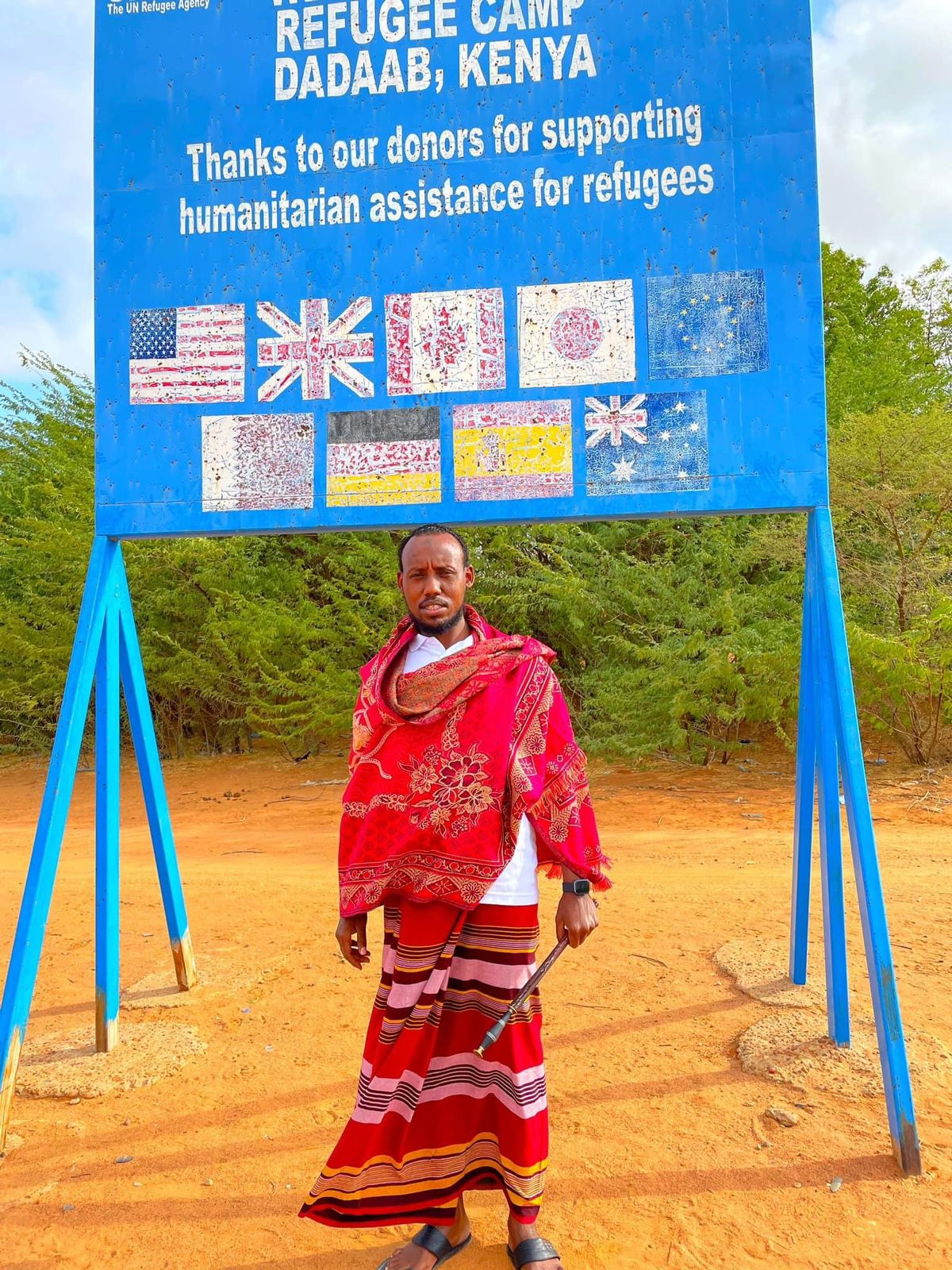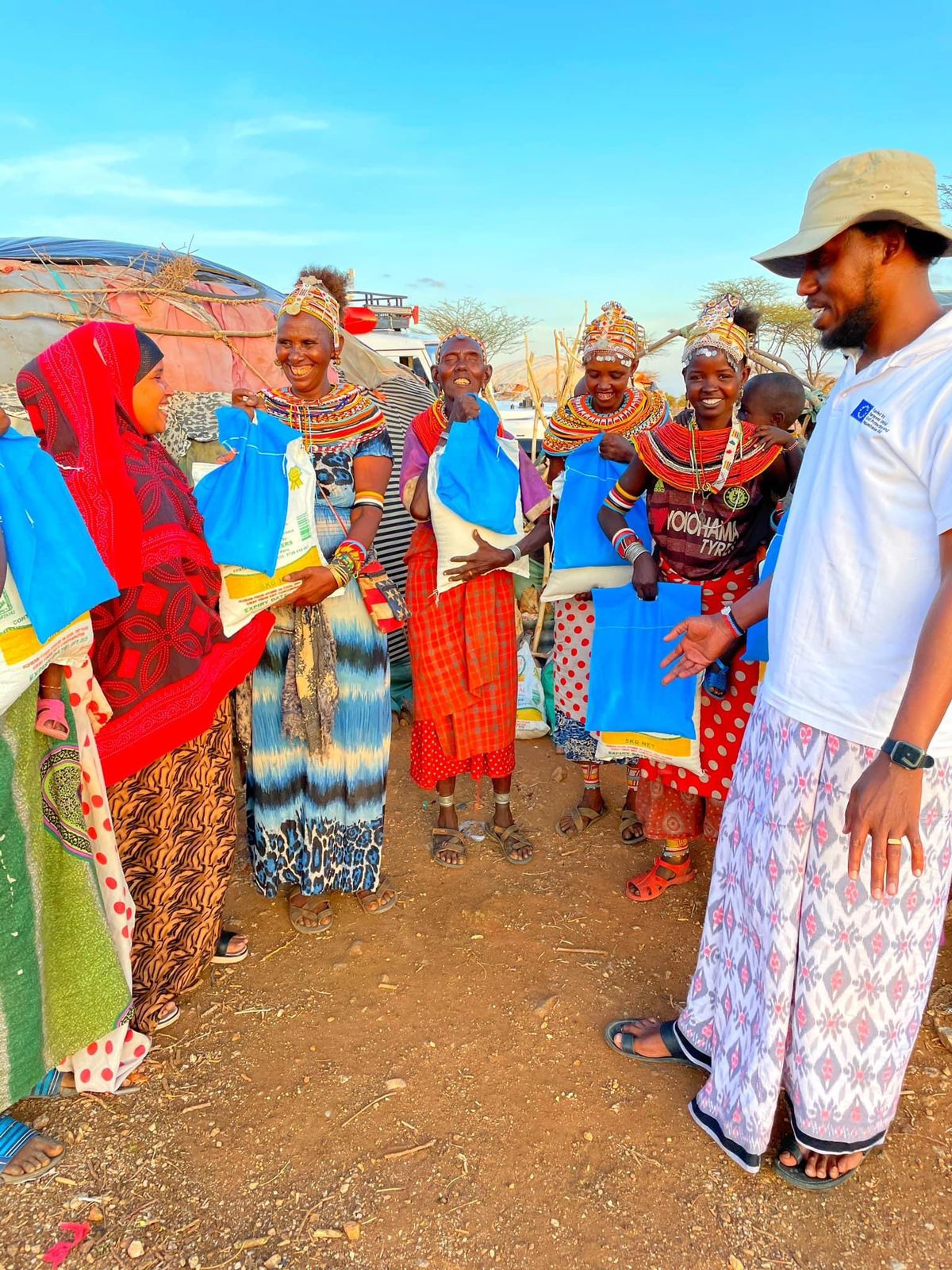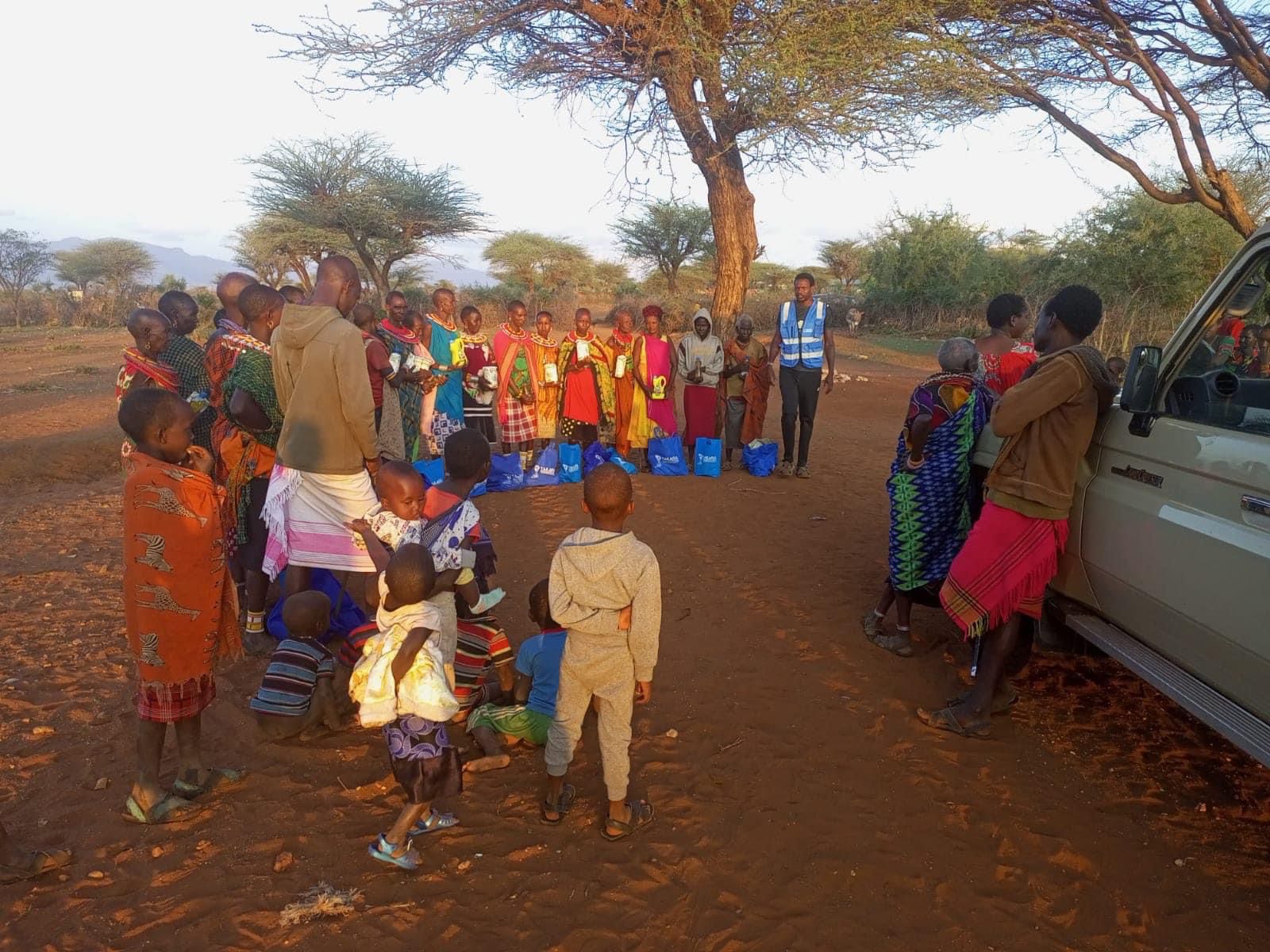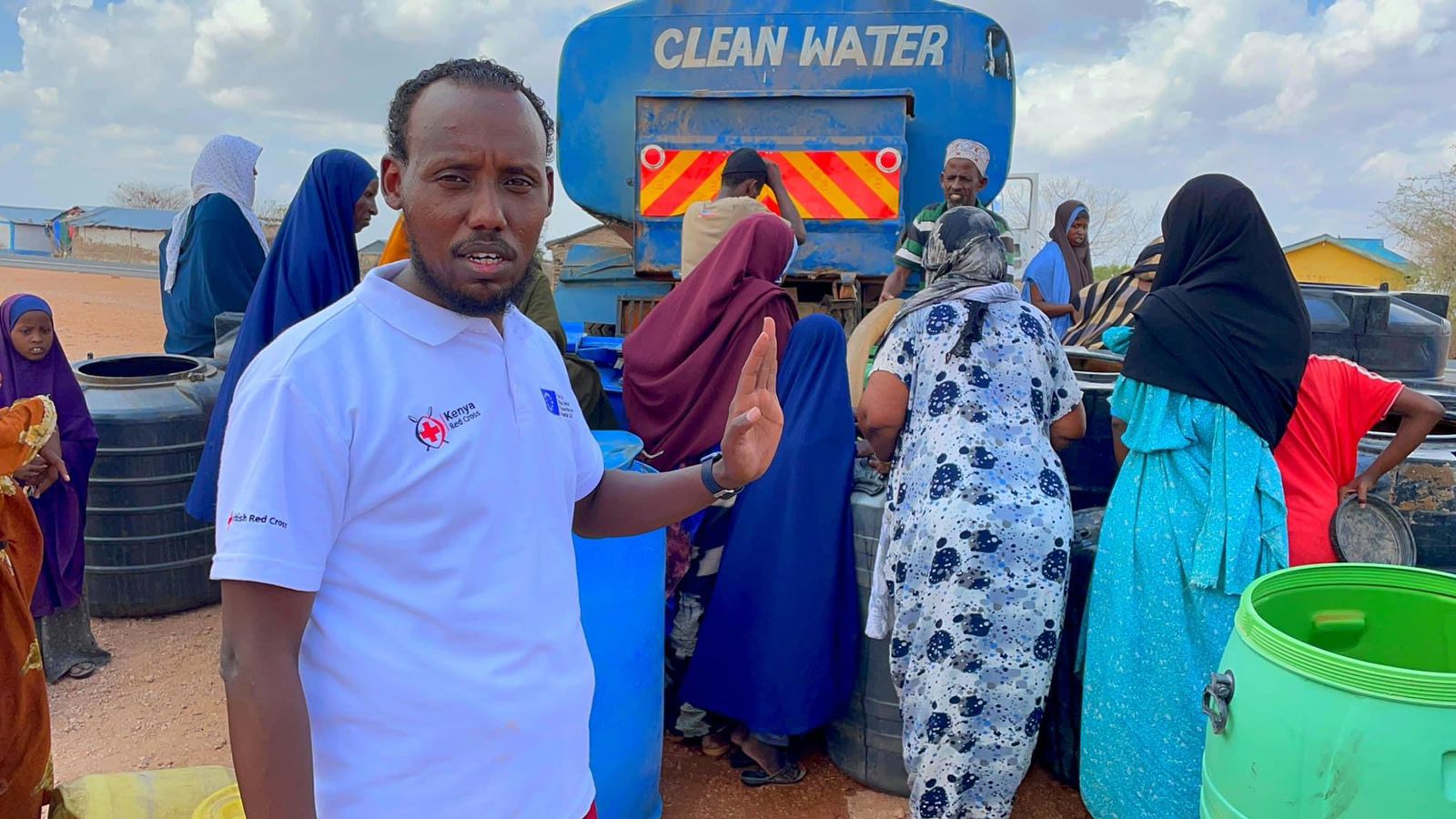
“One day, I am going to make our land fertile,” Bishar Mohammed (Class of 2016, Kenya) told his father when he was just a child. Mohammed was aware of the hardships in his village of Korr and the needs in the northern part of his country, immensely affected by months-long droughts. He compared his community to the pictures of Nairobi, full of greenery and life, and wanted the same for his people. In high school, Mohammed taught himself how to compost sheep and goat manure for his family. He began planting crops like corn and experimenting with farming to see differences and results. Little by little, farming became his passion, and when Mohammed came to EARTH, he was full of ideas and an urgency to help his people.
After graduating from EARTH University, Mohammed pursued a master’s degree at the University of Cape Town, South Africa, specializing in climate change and community development. Upon returning to Kenya he began working with Feed the Future, a USAID and World Bank program whose mission is to reduce global hunger and malnutrition through strategic partnerships to strengthen agricultural production, entrepreneurship, and climate change resilience. As part of the Feed the Future team, Mohammed has worked hard leading four initiatives to boost food security in Kenya.
Women’s empowerment
Through a microcredit system, this program has supported thousands of women to start businesses to build financial autonomy to feed their families. The program begins when a group of women receives an economic stipend to start their business. Then, when they reach a specific goal and level of stability, those same women give the same amount to a new group of entrepreneurs, and so on, until they form a value chain. Mohammed has trained thousands of women so that they have the tools and knowledge to grow their businesses.

Climate-resilient agriculture
A large portion of the population has participated in workshops led by Mohammed, in which they learn about good agricultural practices, irrigation in arid environments, and maintaining pastures for livestock production. The program provides free tools and materials for irrigation systems and seeds, along with training to make sustainable and resilient agriculture possible.
Educational opportunities
Mohammed and the Feed the Future team create alliances with other organizations to provide full scholarships to children and youth living in poverty or extreme poverty. Through this program, they seek to open new opportunities for young people to improve their families’ and communities’ quality of life.
Emergency aid

According to the UN Office of Humanitarian Affairs, in 2022, more than 3.5 million Kenyans were at risk from one of the worst droughts to hit the country. Today this drought still affects more than 40 million people in the Horn of Africa. Due to the emergency, Mohammed is working to distribute water and food to the affected people.
Mohammed says the most rewarding part of his job is directly helping people and his country and fulfilling the goal he set as a child. “My four years at EARTH taught me so many things. Everything I do now is related to my time at the University – how I relate to people, how I teach them how to create their own businesses and work ethically and professionally in the field and the office. At EARTH, we learn about the value of people and how we can help them,” he says.
Mohammed is a model for our University and its mission to create a global movement of leaders to achieve food production that positively impacts nature and farmers’ quality of life in developing regions.
Thank you for your example, Mohammed!
